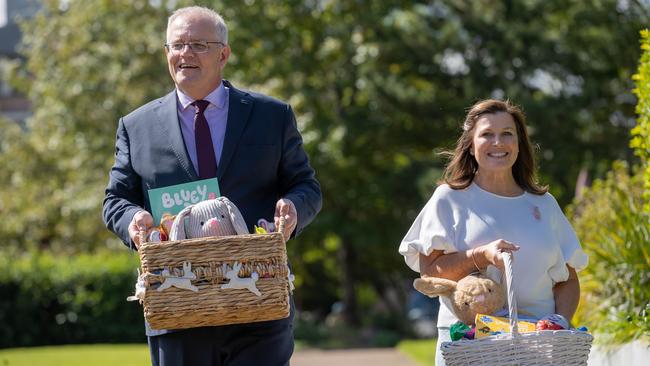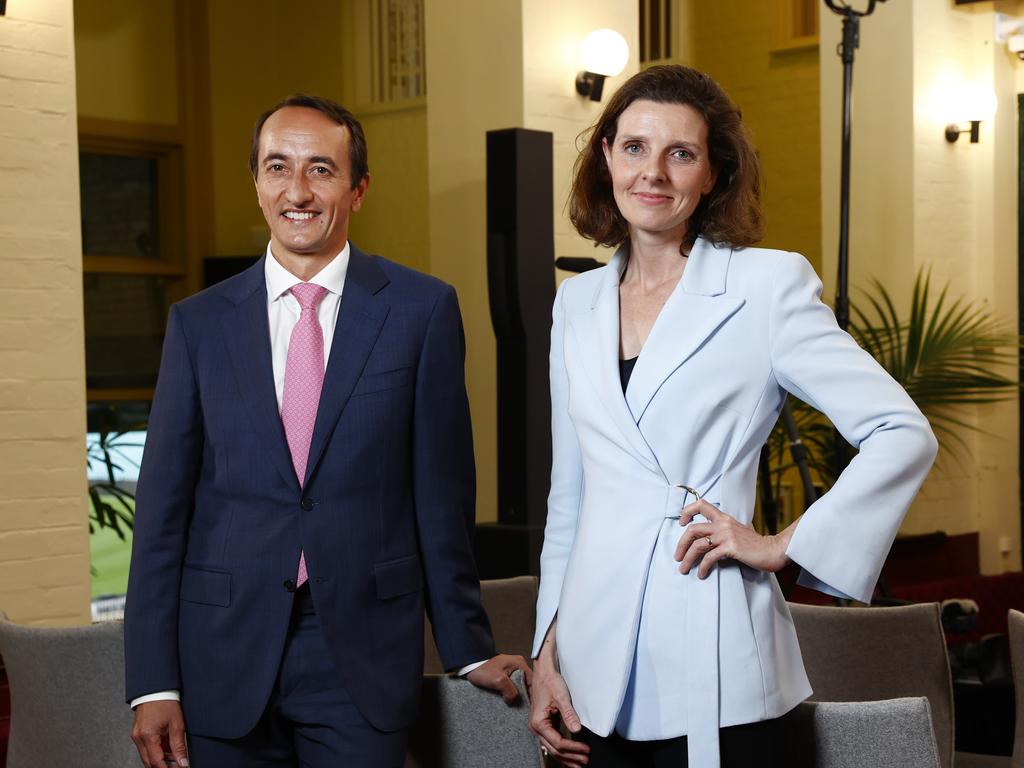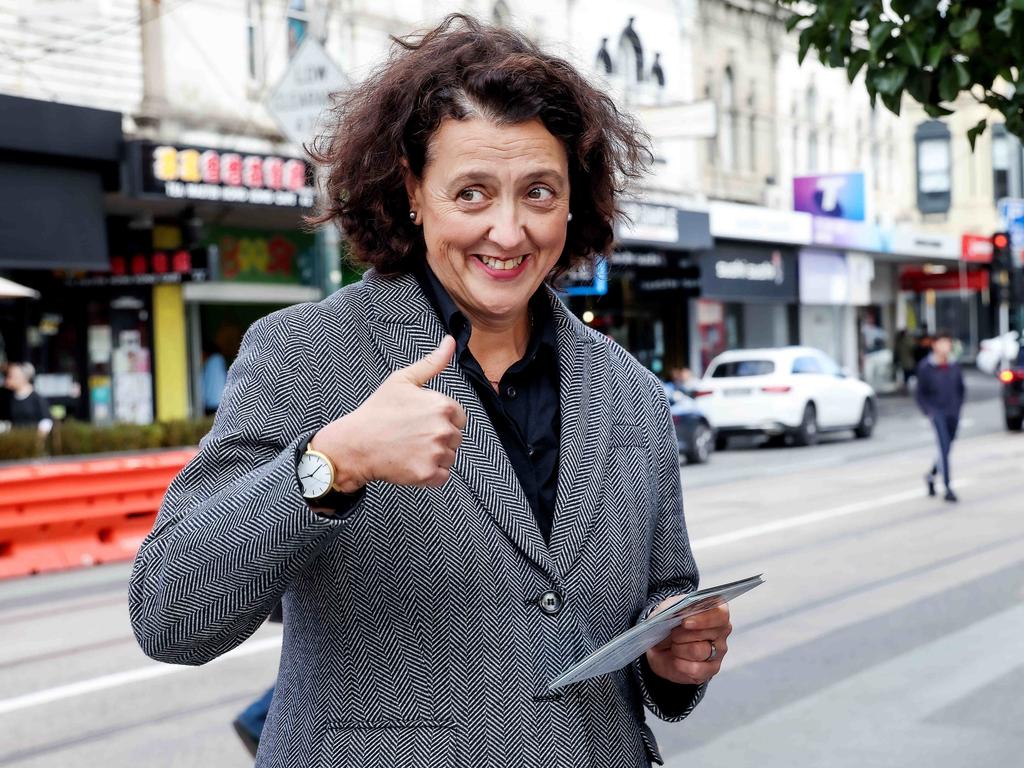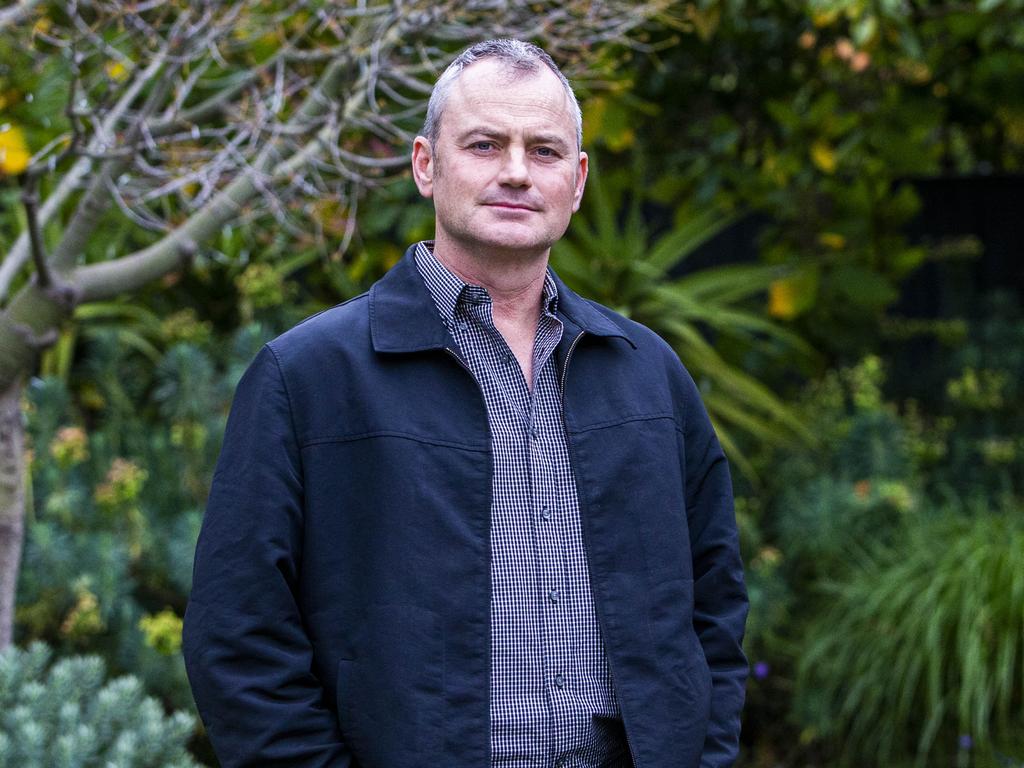Independent threat isn’t all it’s cracked up to be
So far Scott Morrison has been targeting his messages at the outer metropolitan electorates he needs to win against Labor.

In fact there can be significant benefits to power-sharing arrangements. For a start, more stakeholders get a say on what the government might do, and generally speaking the crossbench is more interested in transparency than the government ever is.
One of the conditions Julia Gillard’s government had to meet to win support from the crossbench in 2010 was to improve parliamentary processes. While the incoming Abbott government dismantled many of the changes, some stayed and the parliament is better for it.
It is in the interests of the major parties to claim a vote for an independent is a wasted one, but that’s nonsense.
For a start, independents work for their local communities in a way major party MPs often do not. Independents don’t join ministerial ranks, which means they don’t use their backbench role as a self-interested springboard to higher office the way major party MPs often do.
And when traditionally safe major party seats come under threat from independents, they inevitably get more electoral attention from the party fighting to save or win back the seat. That means more election pledges and more dollars going into the local area. It is a truism in Australian politics that marginal seats get the lion’s share of local grants. Safe seats can be neglected by the other side because they know they can’t win these seats, or they get taken for granted by the party that holds them. Independents shake up that reality.
While independents might support a government with a different partisan complexion to the one usually supported in the seat they hold, it is not as if the independent MP is unaccountable for such actions. Three years later the electorate can cast judgment on their choice.
Don’t pay any attention to Scott Morrison or Anthony Albanese ruling out doing deals with the crossbench in the event of a hung parliament. The allure of power will be enticing enough for the pair of them to break that promise. But I would be surprised if anyone wanted to formalise power-sharing arrangements, as happened back in 2010. Doing so invites attacks from the opposition as it attempts to wedge its way into government three years later.
The narrative that Tony Abbott successfully prosecuted about chaos during the 2010-13 parliament was politically powerful but factually misguided. More legislation was passed during that term than in any other – not that I regard an overflow of legislation as necessarily equating to good governance. But it does dispel the myth of gridlock brought about by crossbench control.
There is a conundrum for voters in the inner-city seats where independents are seriously challenging sitting Liberal MPs. These seats include Wentworth, Mackellar, North Sydney, Goldstein and Kooyong. The last of these is occupied by Treasurer and deputy Liberal leader Josh Frydenberg.
The MPs in all these seats are what you might call moderate Liberals. Even if none has done enough to support moderate policy issues, a Liberal Party without any or all of these MPs will lurch only further to the right and therefore away from moderate policy positioning.
So what do voters do? Punish these MPs for not being vocal enough on everything from climate change action to the airing of bigoted rhetoric by the captain’s pick candidate for Warringah, Katherine Deves, thereby worsening the hard-right complexion of the Liberal party room in the process? Or reward their collective timidity by re-electing them, therefore missing out on all the local advantages that an independent MP offers?
Judging by the way Morrison has chosen to campaign during the first two weeks on the hustings, it would seem that he isn’t fussed about positioning the government in a way that would help save these moderate-held seats.
Rather, the Prime Minister is targeting his messages at the outer metropolitan electorates he needs to win against Labor: both seats he holds and seats he is going after, such as Macquarie, Parramatta and Greenway in Sydney’s west.
Before the campaign started I predicted that few of the independents challenging moderate Liberals would win. While I still believe that to be the case, Morrison’s actions aren’t helping me get the prediction right.
Irrespective of how many, if any, of the non-incumbent independent candidates ultimately win, their presence is bleeding dollars and human capital from the wider Coalition campaign. These traditionally safe seats usually would be expected to raise funds to be distributed among the outer metro marginal seat campaigns, with local Liberals also expected to use Google maps to find their way to the marginals to help campaign. All of that won’t happen because of the challenges afoot in these inner-city seats.
We will know the full extent of the damage done to the Coalition’s chances of holding on to government only in the aftermath of the campaign. It could be a case of moderate Liberals winning their seat-by-seat battles at the expense of the wider political war with Labor. Morrison’s strategy of ignoring these seats and targeting his rhetoric at the mortgage-belt electorates instead is all about avoiding that outcome.
If, however, the Coalition doesn’t win enough seats to govern in its own right (but neither does Labor) Morrison will be forced to go cap in hand to the crossbenchers pleading for their support, as will Albanese. Under such circumstances you would have to think Labor is likelier to form minority government than the Coalition. But if both major parties secure the same number of seats well short of a majority, it is possible neither leader will be able to secure enough crossbench support to govern responsibly in the Westminster tradition.
If that happens Morrison could carry on until there is a vote of no confidence against him on the floor of the parliament. Were that to happen he could then call another election, hand the leadership over to someone the crossbench is willing to support, or Labor could be asked to form government with crossbench backing. By that time Albo might no longer be Labor leader.
Or this election campaign could be quickly followed by another one, without the parliament even sitting. But that could backfire on the major parties, delivering more, not fewer, crossbench MPs if voters really are sick and tired of the major parties.
It sounds messy but it’s not. It’s called democracy.
Peter van Onselen is a professor of politics and public policy at the University of Western Australia and Griffith University.







There is growing speculation a hung parliament is in the offing. This inevitably brings with it claims by both major parties that they won’t do deals with the crossbench, in a bid to convince voters to pick between them and not risk wasting their vote on a minor party or independent candidate. The majors also claim a hung parliament risks being unstable.